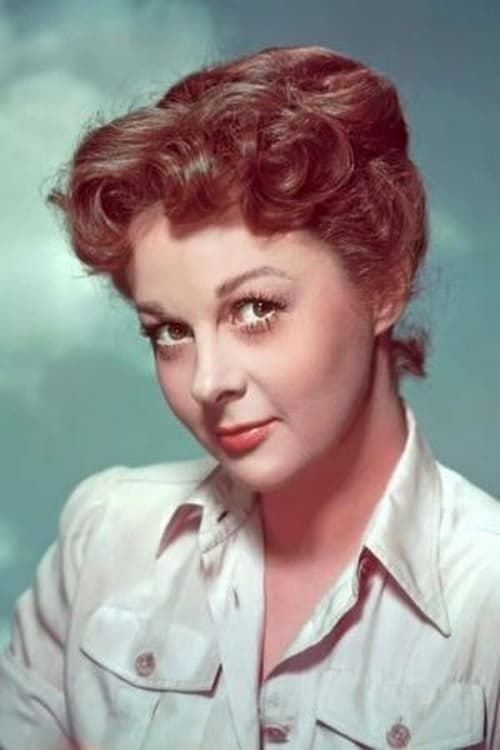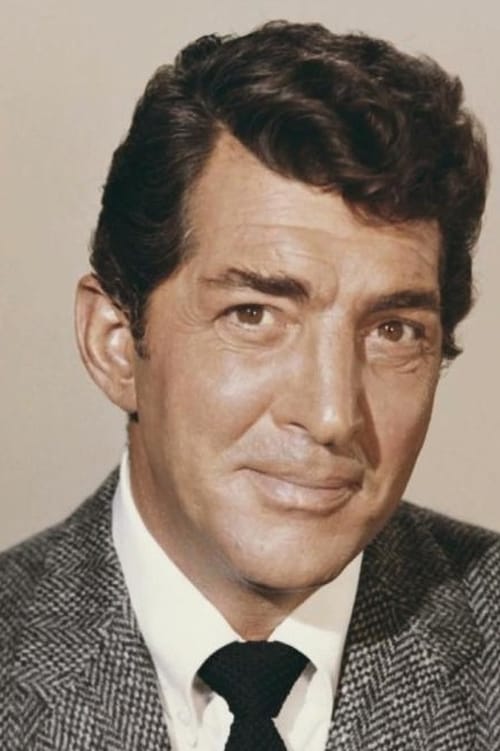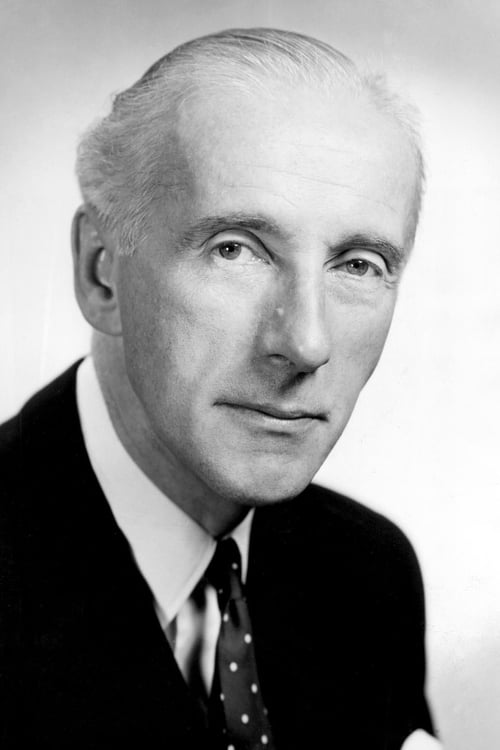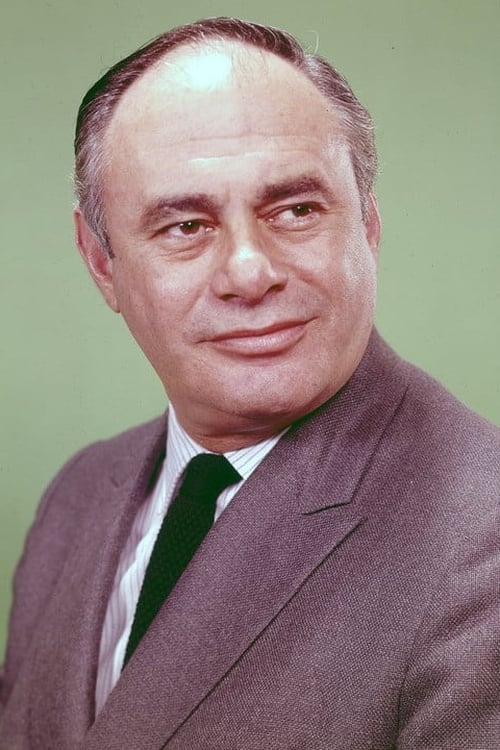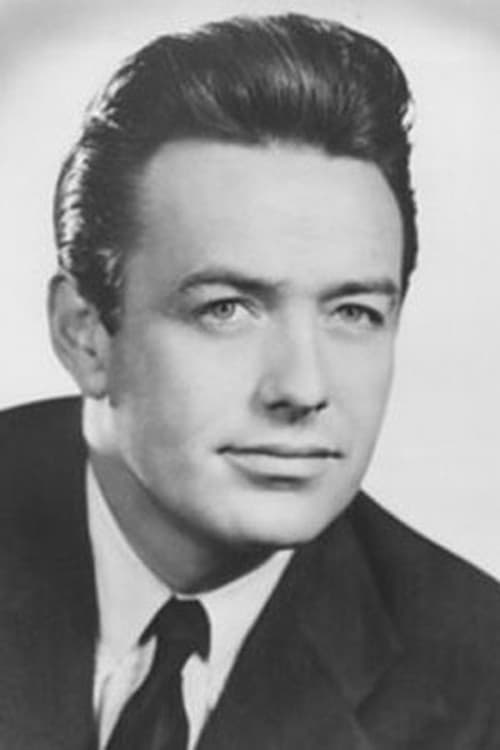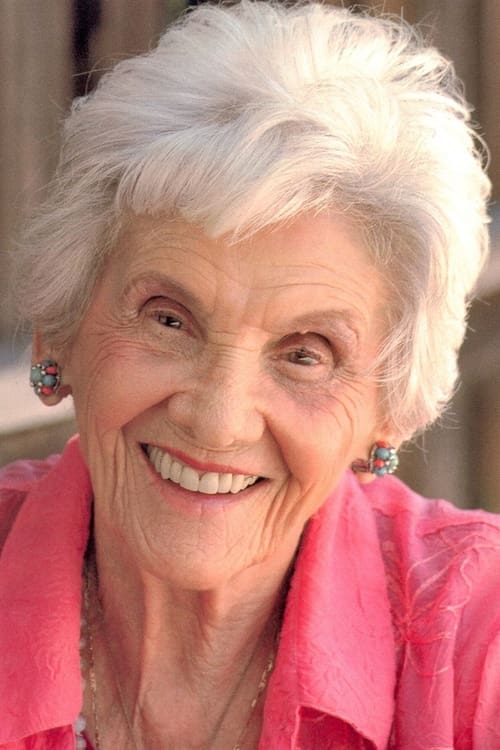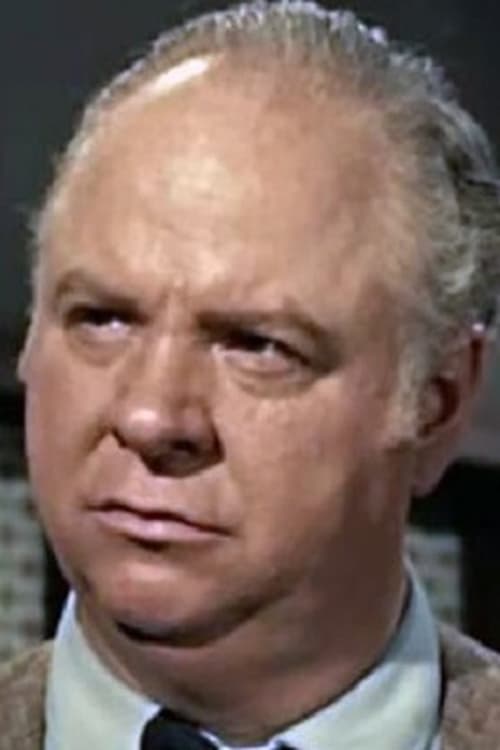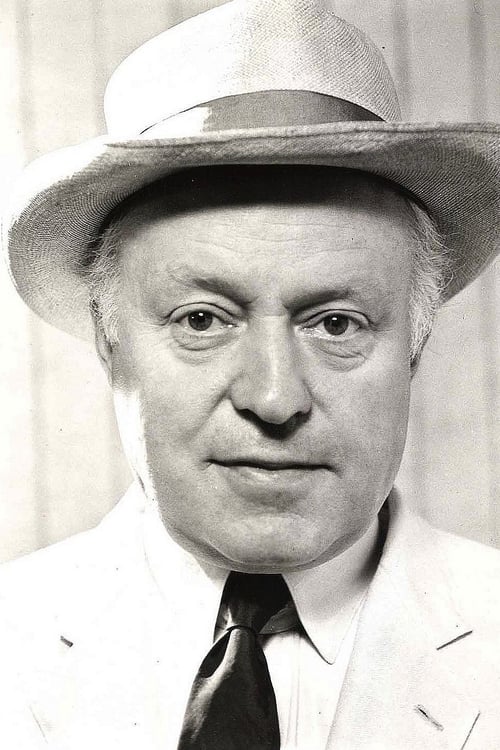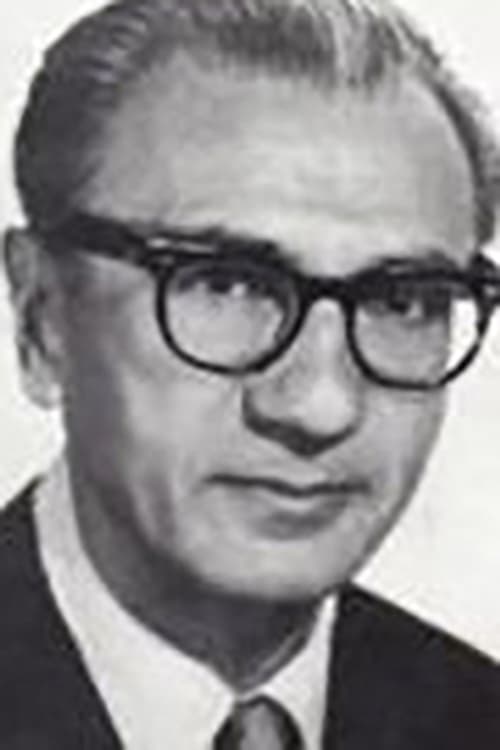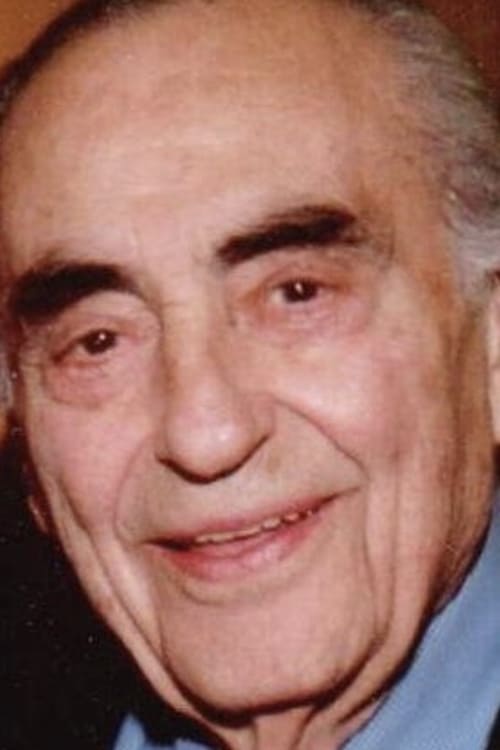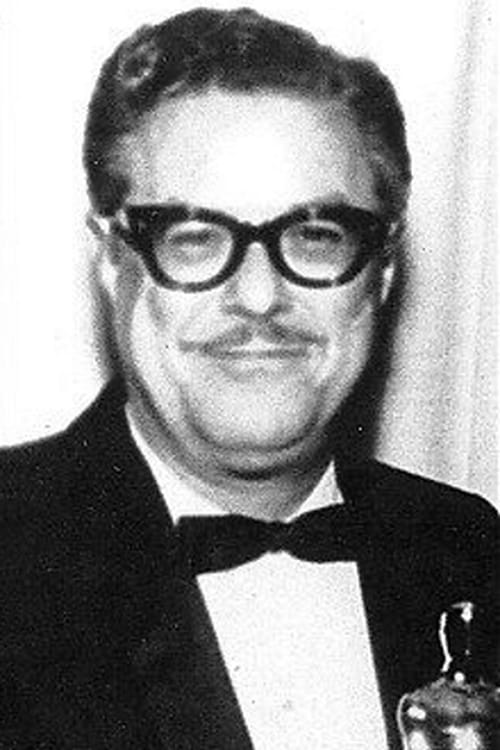Ada (1961)
What was the truth about Ada?
Genre : Drama
Runtime : 1H 49M
Director : Daniel Mann
Writer : Arthur Sheekman, William Driskill
Synopsis
A popular but naive country singer is elected governor of a southern state and, once in office, decides to dismantle the corrupt political machine that got him elected. Director Daniel Mann's 1961 political drama stars Susan Hayward, Dean Martin, Wilfred Hyde-White, Martin Balsam, Ralph Meeker, Connie Sawyer, William Walker, Ray Teal, Larry Gates and Kathryn Card.

A full-blown re-election piece for President Franklin Delano Roosevelt at the expense of Republican presidential candidate Thomas Dewey. Roosevelt is depicted as a streamlined diesel express train in a race against Dewey, a worn-out steam train. The public is admonished to "get behind the president and stay the course to victory."

Apichatpong Weerasethakul brought an appetite for experimentation to Thai cinema with his debut feature, an uncategorizable work that refracts documentary impressions of his homeland through the surrealist concept of the exquisite corpse game. Enlisting locals to contribute improvised narration to a simple tale, Apichatpong charts the collective construction of the fiction as each new encounter imbues it with unpredictable shades of fantasy and pathos.

Masha Drokova is a rising star in Russia's popular nationalistic youth movement, Nashi. A smart, ambitious teenager who – literally – embraced Vladimir Putin and his promise of a greater Russia, her dedication as an organizer is rewarded with a university scholarship, an apartment, and a job as a spokesperson. But her bright political future falters when she befriends a group of liberal journalists who are critical of the government, including blogger Oleg Kashin, who calls Nashi a "group of hooligans," and she's forced to confront the group's dirty – even violent – tactics.
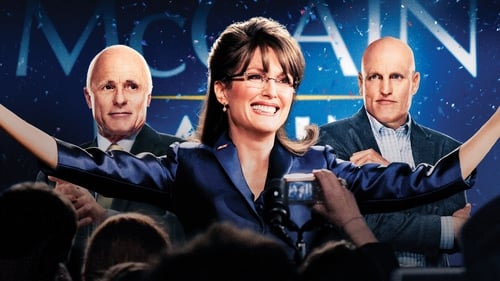
During the Republican run of the 2008 Presidential election, candidate John McCain picks a relative unknown, Alaskan governor Sarah Palin, to be his running mate. As the campaign kicks into high gear, her lack of experience, in both political and media savvy, becomes a drain upon McCain and his strategists.

An impassioned three-part documentary of the liberation struggle waged throughout Latin America, using Argentina as a historical example of the imperialist exploitation of the continent. Part I: Neo-Colonialism and Violence is a historical, geographic, and economic analysis of Argentina. Part II: An Act For Liberation examines the ten-year reign of Juan Perón (1945-55) and the activities of the Peronist movement after his fall from power. Part III: Violence and Liberation studies the role of violence in the national liberation process and constitutes a call for action.

In 1969, Taylor Mead complained to his friend artist Wynn Chamberlain that Andy Warhol had never paid him for any of the work he had done for him and Wynn said he would make a film especially for Taylor. Inspired by the banality of 1960's television, Chamberlain wrote and directed Brand X, an 87 minute series of faux television shows spoofing the politics and mass media of the day, complete with commercials for Sex, Sweat, Computer Dating and Peanut Butter. BRAND X follows Taylor Mead through a day in a wacky television studio as he portrays an exercise guru, a talk show host, a veteran returning from the American Civil War, a hospital patient in a soap opera, the President of the United States and a televangelist giving the Nightly Sermon. BRAND X satirizes President Nixon, the Vietnam War, sex, drugs, computers, money and race relations.
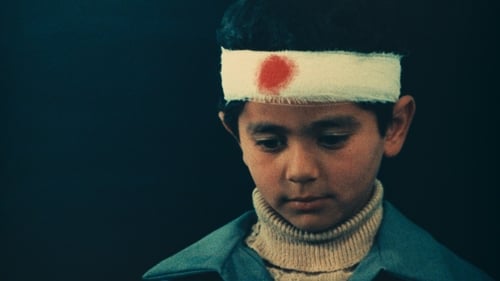
During breaktime, Dara and Nader have a fierce argument about a torn exercise book that the former has given back to the latter. There are two possible outcomes, which the film shows one after the other. One is that Dara wants to get his own back, and the two boys start a violent fight; the other is that they work together to mend the exercise book with a little glue.
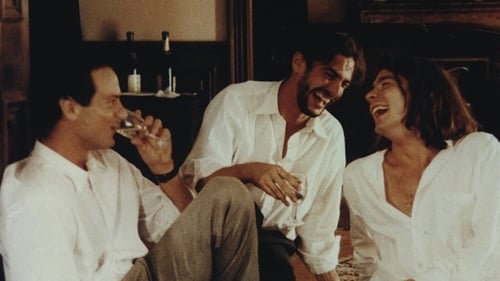
A judge falls from the roof of the Federal Courthouse. A woman is murdered. Between them and the three sons of the judge there is a connection that will be investigated by a woman judge who is determined to discover the truth.
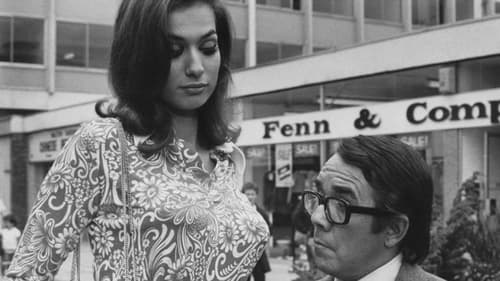
Fresh-faced young Michael Rimmer worms his way into an opinion poll company and is soon running the place. He uses this as a springboard to get into politics and in the mini-skirted flared-trousered world of 1970 Britain starts to rise through the Tory ranks.
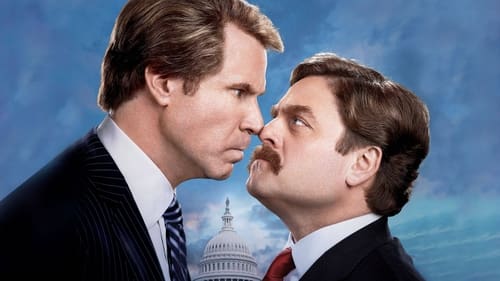
Two rival politicians compete to win an election to represent their small North Carolina congressional district in the United States House of Representatives.
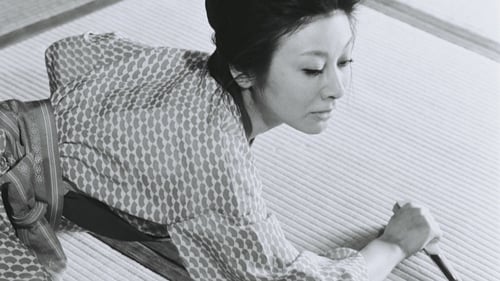
Two interwoven stories. The first is a biography of anarchist Sakae Osugi which follows his relationship with three women in the 1920s. The second centers on two 1960s students researching Osugi's theories.
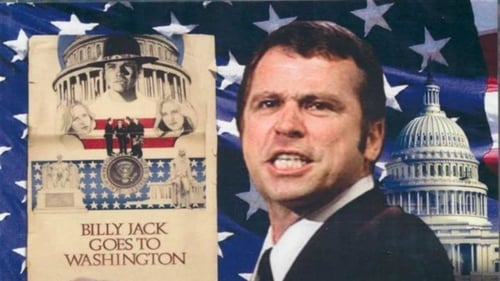
After a senator suddenly dies after completing (and sealing) an investigation into the nuclear power industry, the remaining senator and the state governor must decide on a person who will play along with their shady deals and not cause any problems. They decide on Billy Jack, currently sitting in prison after being sent to jail at the end of his previous film, as they don't expect him to be capable of much, and they think he will attract young voters to the party.
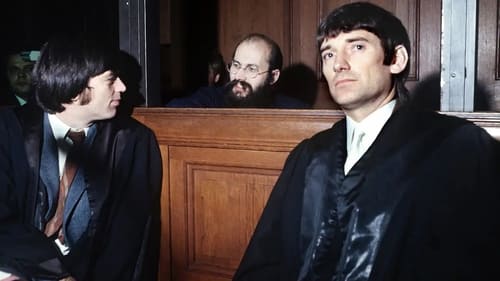
In the early 1970s, Otto Schily and Hans-Christian Ströbele were part of the group of attorneys of the left-wing extraparliamentary opposition in Germany. In this function, they, for instance, represented the militant Horst Mahler in court. One thing that united all three of them was their goal to create a new and different republic. They viewed Federal Germany as an oppressor of political freedom and as a vassal of the United States. Today, Schily is a former Federal Minister of the Interior with a firmly conservative stance and Ströbele is a well-respected member of the left wing of the Green Party in the German parliament while Mahler has again come into conflict with the law because of his extremist right-wing activities.
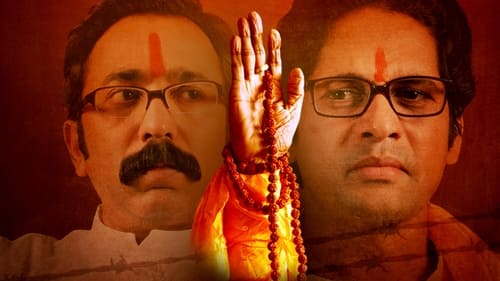
Zenda (Marathi: झेंडा) is 2010 Indian Marathi film directed by Avdhoot Gupte and starring Santosh Juvekar. Avdhoot Gupte himself composed the music for the film. The film depicts the journey of four young ambitious scholars to succeed in life and the impact of a split in a major political party on their journey. Zenda depicts a feud between two cousins in rival political parties, inspired by the real-life feud between Raj Thackeray, chief of Maharashtra Navnirman Sena (MNS) and his cousin, Uddhav Thackeray, Executive President of Shiv Sena. Avdhoot Gupte however believes that it is more about the Marathi youth, with just a couple of characters in the movie representing Uddhav Thackeray and Raj Thackeray. The film was released in early 2010, in theatres across Maharashtra state.

From the makers of legendary CZECH DREAM, a hilarious documentary about a hoax hypermarket, comes CZECH PEACE, a new playfully explosive flm about the mayor of a small Czech village and his attempts to foil the American plan to build its 762nd military base right on his doorstep. The players in this story are everyone from villagers to George W. Bush, Condoleezza Rice, Barack Obama, peace activists and lobbyists representing American arms manufacturers. Can the Mayor of Trokavec (population 80) take the US on? CZECH PEACE shows the workings of geopolitics and the way they affect the little people. The personal clashes with the impersonal, the specifc with the universal, and an individual with the so-called great history.
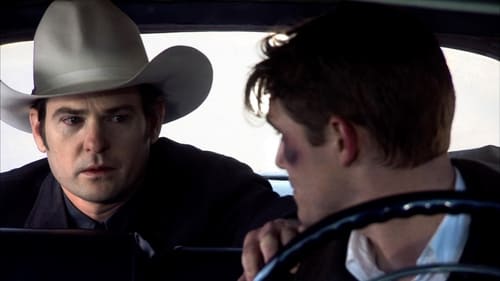
The final days of Hank Williams.
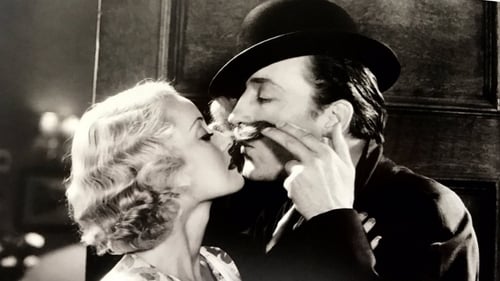
The Progressive Party convention is deadlocked for governor, so both sides nominate the dark horse Zachary Hicks. Kay Russell suggests they hire Hal Blake as campaign manager; but first they have to get him out of jail for not paying alimony. Blake organizes the office and coaches Hicks to answer every question by pausing and then saying, "Well yes, but then again no." Blake will sell Hicks as dumb but honest. Russell refuses to marry Blake, while Joe keeps people away from Blake's office. Blake teaches Hicks a speech by Lincoln. At the debate when the conservative candidate Underwood recites the same speech, Blake exposes him as a plagiarist. Hicks is presented for photo opportunities and gives his yes-and-no answer to any question, including whether he expects to win.

The Rabbit Is Me was made in 1965 to encourage discussion of the democratization of East German society. In it, a young student has an affair with a judge who once sentenced her brother for political reasons; she eventually confronts him with his opportunism and hypocrisy. It is a sardonic portrayal of the German Democratic Republic's judicial system and its social implications. The film was banned by officials as an anti-socialist, pessimistic and revisionist attack on the state. It henceforth lent its name to all the banned films of 1965, which became known as the "Rabbit Films." After its release in 1990, The Rabbit Is Me earned critical praise as one of the most important and courageous works ever made in East Germany. It was screened at The Museum of Modern Art in 2005 as part of the film series Rebels with a Cause: The Cinema of East Germany.
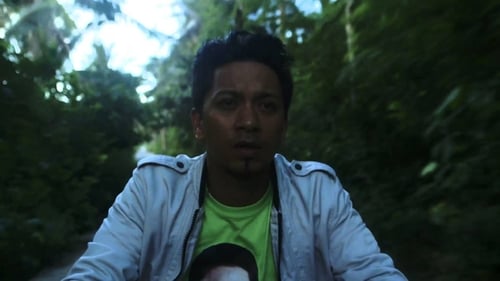
A political thriller about the practice of "badil" or "dynamite fishing", wherein voters are prevented from casting their votes for the opposition by paying them large sums of money to get their fingers inked before election day.

